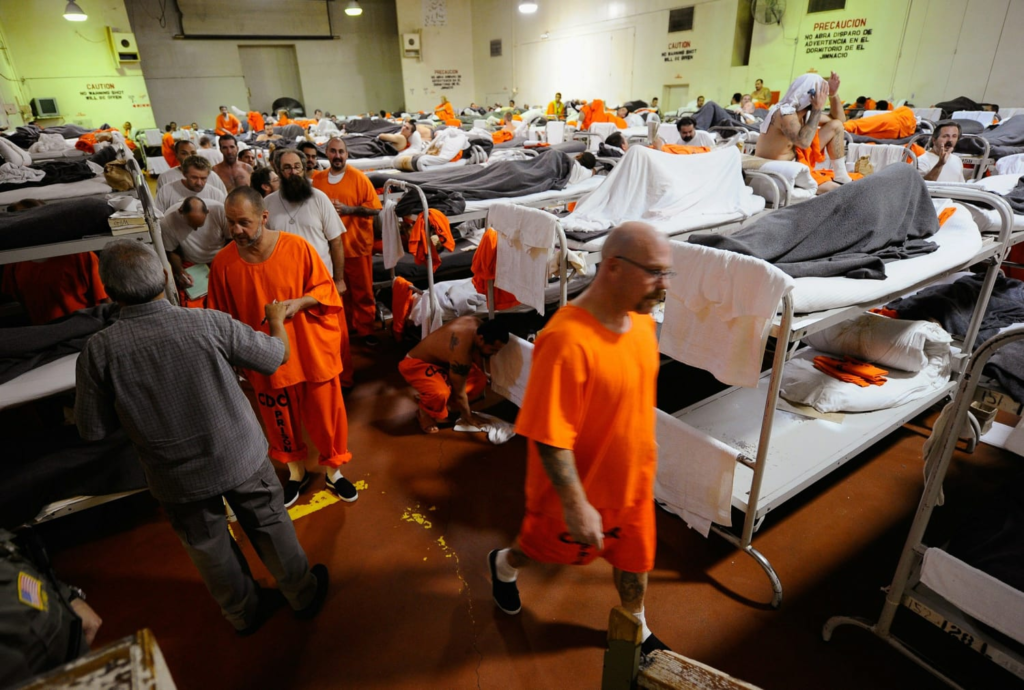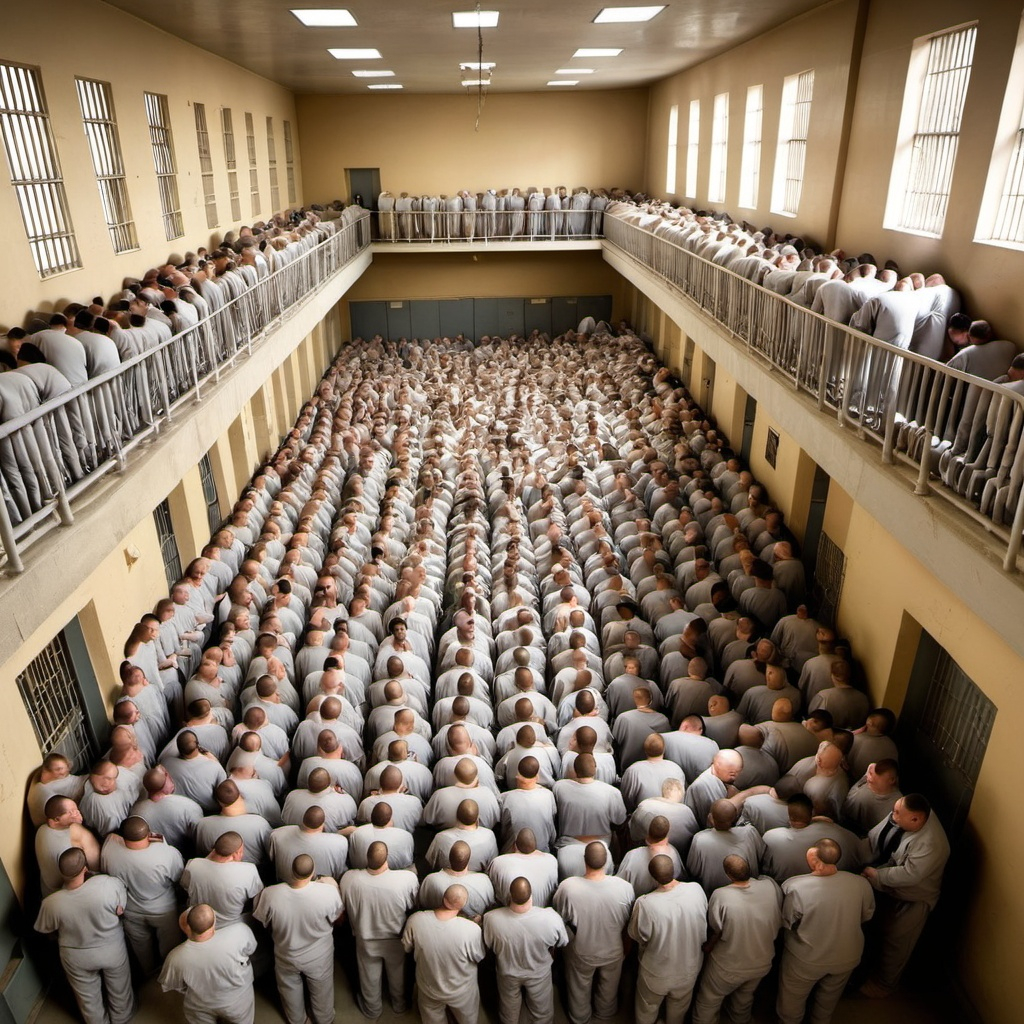Regulation of private prisons has become an important and controversial topic in recent years. As more governments contract private companies to run prisons, concerns grow over how these facilities are monitored, how transparent they are, and whether human rights are protected. Critics argue that because private prisons aim to generate profit, they often reduce costs at the expense of inmate welfare and safety. Supporters say private companies can run prisons more efficiently and save taxpayers money.
This article explores the regulation of private prisons, focusing on the challenges of oversight, transparency issues, and the human rights implications involved. We also discuss what reforms are necessary to ensure these facilities operate fairly and safely.
What Are Private Prisons?
Private prisons are correctional facilities run by private companies under contracts with governments. These companies are paid to manage inmates and operate the prisons, sometimes with goals tied to profit. The largest private prison companies operate many facilities across the United States and other countries.
The main argument for private prisons is that they can reduce government spending on incarceration and introduce innovative management practices. However, their profit motive has raised concerns about whether inmates receive fair treatment and proper care.

Why Regulation Is Needed
Regulation of private prisons is essential because these facilities differ from public prisons in accountability and transparency. Public prisons are directly controlled and funded by government agencies, making them subject to laws, inspections, and public records requirements.
Private prisons, by contrast, often operate with less direct oversight. Without strong regulation, private companies may cut corners on staffing, medical care, and inmate safety to reduce costs and increase profits. This can lead to poor living conditions, understaffing, violence, and violations of inmates’ rights.
Proper regulation helps ensure that prisons, whether public or private, meet basic standards and treat people humanely.
Oversight Challenges in Private Prisons
One of the biggest difficulties with private prisons is enforcing effective oversight. Governments are responsible for monitoring these facilities, but many face barriers.
First, private prison companies may limit access to their facilities, making it hard for inspectors to conduct thorough reviews. Incident reports may be delayed, incomplete, or missing. In some cases, companies are allowed to assess their own performance, which presents conflicts of interest.
Second, penalties for poor performance or violations are often weak or inconsistently applied. This reduces incentives for private companies to improve conditions or correct problems promptly.
Without strong and consistent oversight, abuses and neglect can continue unchecked.
Transparency Issues
Transparency is critical to holding private prisons accountable. Unfortunately, many private prisons are exempt from freedom of information laws that apply to government-run institutions. This means that families, advocates, lawmakers, and the media may have limited access to information about conditions inside these prisons.
The lack of transparency can hide serious problems such as abuse, medical neglect, and violence. It also prevents public scrutiny of how taxpayer dollars are being spent.
Greater transparency would improve public trust and allow for better policy decisions regarding prison management.
Human Rights Concerns
Human rights advocates have raised many concerns about private prisons. When the priority is profit, inmates’ well-being can suffer.
Some common human rights issues include overcrowding, inadequate medical care, poor nutrition, and abusive disciplinary practices. Reports have documented the overuse of solitary confinement and failure to protect inmates from violence.
For example, some private prisons have been found to have high rates of inmate injury and death compared to public prisons. Staff training and qualifications may be lower, contributing to unsafe environments.
The risk is especially high in facilities that house vulnerable populations, such as juveniles or immigration detainees.
International Approaches to Private Prison Regulation
Different countries have taken varied approaches to private prisons.
Some, like the United Kingdom and Australia, have allowed private prisons but implemented stricter government oversight and contractual requirements. These countries focus on performance standards and independent inspections.
Others, such as Norway and Germany, reject private prisons entirely, based on the belief that incarceration should not be driven by profit motives.
These examples show that strong regulation and transparency are crucial when private companies operate prisons, or governments must reconsider whether privatization is appropriate at all.

Examples of Problems in Private Prisons
Several case studies highlight the risks associated with poor regulation of private prisons.
In one facility in Idaho, private operators were criticized for widespread violence among inmates and lack of staff intervention. This prison earned the nickname “Gladiator School” due to frequent fights and injuries. The state eventually took control away from the private company.
Immigration detention centers run by private firms have also faced criticism for inadequate medical care, poor living conditions, and even deaths in custody. The limited legal protections for detainees make regulation and transparency even more urgent.
These cases illustrate how profit motives can conflict with the duty to provide safe, humane detention.
Steps Toward Better Regulation
Improving the regulation of private prisons requires multiple actions:
- Governments should include clear performance standards and accountability measures in contracts with private companies. Contracts must include penalties for violations and require transparent reporting.
- Independent, government-led oversight should be strengthened. Inspectors need unrestricted access to prisons and must conduct regular, unannounced visits.
- Private prisons should be subject to the same freedom of information and transparency laws as public institutions.
- Certain critical functions—such as medical care, use of force policies, and parole decisions—should remain under public control.
- Governments should consider reinvesting in public prison systems to reduce reliance on privatization.
These steps can help protect inmates’ rights while ensuring that prisons operate efficiently and responsibly.
Conclusion
Regulation of private prisons is a vital issue affecting millions of people worldwide. While private companies may offer some benefits, the risk of abuse, neglect, and human rights violations is high without proper oversight and transparency.
Governments, civil society, and the public must work together to demand better regulation, hold private prisons accountable, and ensure that all incarcerated individuals are treated fairly and humanely. Only through responsible regulation can justice be served both inside and outside prison walls.
Do Follow USA Glory On Instagram
Read Next – Designer Droughts: How Landscaping Worsens Water Crises






